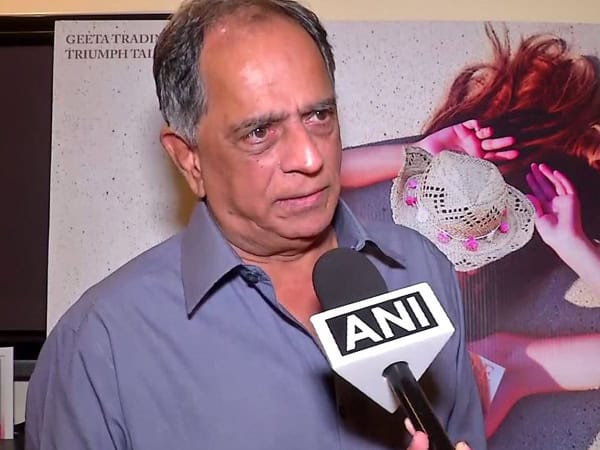Mumbai (Maharashtra): Former chairman of the Central Board of Film Certification (CBFC) Pahlaj Nihalani on Monday brushed aside Madhya Pradesh Chief Minister Shivraj Singh Chouhan’s ban on the upcoming film ‘Padmavati’, saying that a movie cannot be banned in a state before receiving a certification from the censor board.
“Movies cannot be banned. A state can impose a ban only if it is deemed that the movie may disrupt law and order situation in the state, and only after film certification. A certificate is yet to be issued to ‘Padmavati’,” Nihalani told ANI, adding, “Unless certificate is not issued, no state can make ‘jumlas’ like ‘we’ll cut it’ or ‘we’ll not let it release’.”
Nihalani further informed that the producer of the movie can approach the court, if the scenes do get cut.
On Monday, the Madhya Pradesh Chief Minister said that Sanjay Leela Bhansali’s magnum-opus would not be allowed to release in the state unless the objectionable scenes were removed.
Responding to ‘Padmavati’ actor Shahid Kapoor’s statement that the movie should not be considered guilty even before it is provided for people to judge it, Nihalani said, “What does ‘guilty’ imply? Is making movie a crime?”
The CBFC chairperson, Prasoon Joshi, had earlier said that the board will arrive at a decision after a discussion, but the former chairperson downplayed it, saying that a chairman cannot decide the fate of a movie.
“The examination Committee decides after watching the movie; the chairman cannot decide,” he said.
“Unless the censor board pronounces its decision, opinion of everyone else is of no value,” Nihalani added.
Deepika Padukone, Ranveer Singh, and Shahid Kapoor-starrer has been mired in a slew of controversies for allegedly tampering with historical facts.
Yesterday, the CBFC turned down the application of the makers of ‘Padmavati’ to expedite the certification process of the film. In the face of absence of requisite clearances, the board has refused issue to issue certification, thus pushing the December 1 release date of ‘Padmavati’. (ANI)
States can’t ban movie before censor board certification: Pahlaj Nihalani

